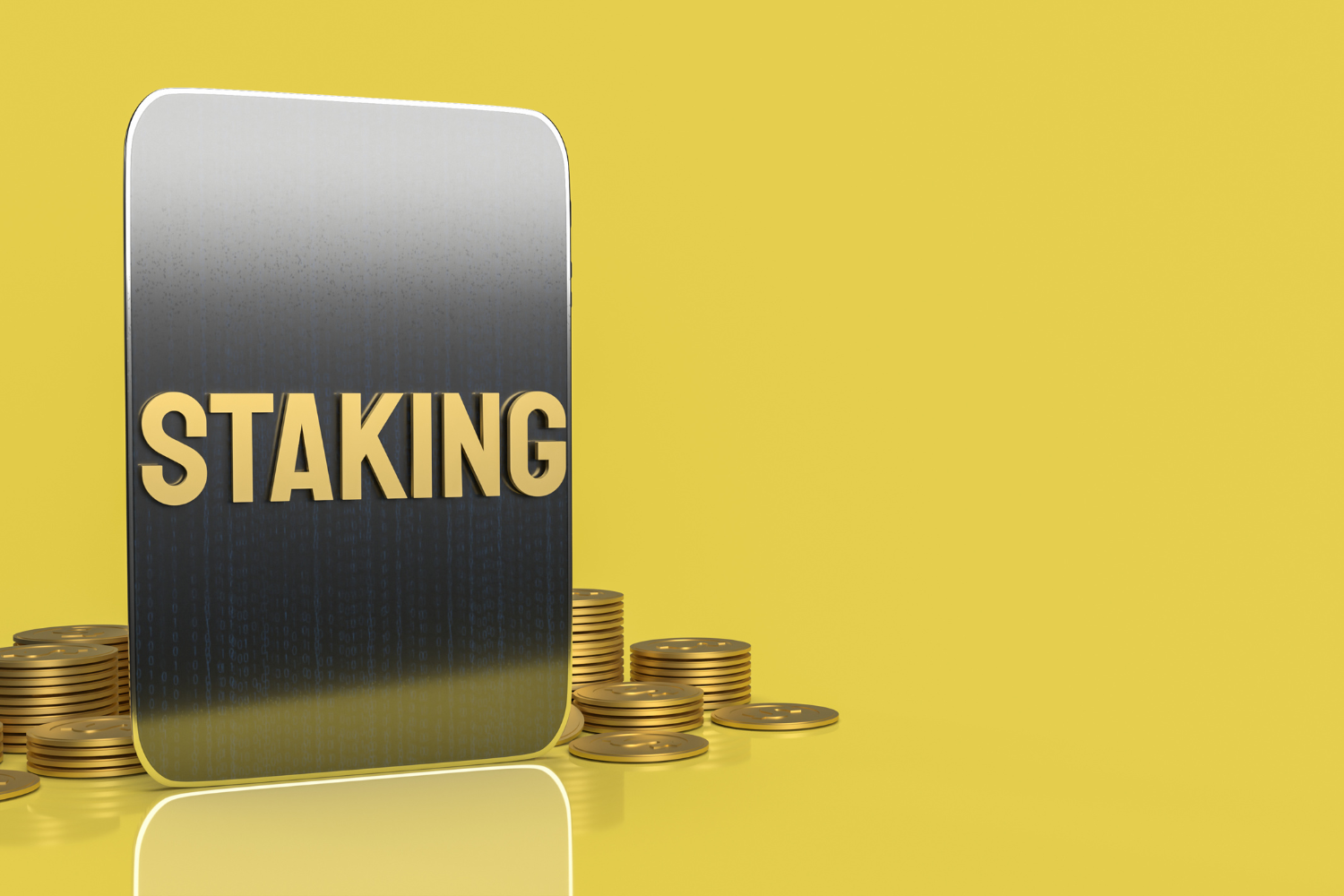Please allow us to collect data about how you use our website. We will use it to improve our website, make your browsing experience and our business decisions better. Learn more Learn More

What is Cryptocurrency Staking?
Cryptocurrency staking is a process that allows individuals to participate in the validation and security of a blockchain network while earning rewards in the form of additional cryptocurrency. It is a key feature of proof-of-stake (PoS) consensus mechanisms, which are alternative methods to the traditional proof-of-work (PoW) used by cryptocurrencies like Bitcoin.
Understanding Proof of Stake (PoS)
To grasp the concept of cryptocurrency staking, it's important to understand the underlying consensus mechanism known as proof of stake. In a proof-of-stake system, validators are chosen to create new blocks and validate transactions based on the number of coins they hold and "stake" in the network. The more coins a validator holds, the higher their chances of being selected to create a new block and earn rewards.
Unlike proof of work, which requires miners to solve complex mathematical puzzles using computational power, proof of stake relies on the economic stake of participants. This means that validators are incentivized to act honestly and in the best interest of the network, as they have a financial stake at risk.
How Does Cryptocurrency Staking Work?
Here's a step-by-step breakdown of how cryptocurrency staking works:
Acquire the Cryptocurrency: To participate in staking, you need to acquire the specific cryptocurrency that supports staking. Not all cryptocurrencies offer staking capabilities, so it's important to research and choose the right one.
Hold and Lock the Cryptocurrency: Once you have the cryptocurrency, you need to hold it in a compatible wallet and lock it up for a specific period. This locking process ensures that the coins are not available for regular transactions and are dedicated to the staking process.
Participate in Network Consensus: By staking your coins, you become an active participant in the network's consensus mechanism. You contribute to the validation and security of the blockchain by confirming transactions and creating new blocks.
Earn Staking Rewards: As a validator, you have the opportunity to earn staking rewards. These rewards are typically a percentage of the total coins you have staked and are distributed periodically. The exact reward structure varies depending on the cryptocurrency and network protocol.
Maintain Network Connectivity: To continue staking and earning rewards, it's important to keep your staking wallet connected to the network. This ensures that you can actively participate in block creation and transaction validation.
Benefits and Risks of Cryptocurrency Staking
Benefits of Cryptocurrency Staking:
Passive Income: Staking allows you to earn additional cryptocurrency by simply holding and participating in the network, providing a potential source of passive income.
Network Security: Validators play a crucial role in maintaining the security and integrity of the blockchain network. By staking, you contribute to the network's overall security.
Alignment of Incentives: Proof-of-stake systems align the incentives of participants with the success of the network. Validators are financially motivated to act honestly and in the best interest of the blockchain.
Risks of Cryptocurrency Staking:
Risk of Loss: While staking can be profitable, it also carries the risk of losing some or all of the staked coins. Factors such as networkattacks or software vulnerabilities can result in financial losses.
Lock-up Period: When staking, yourcoinsare typically locked up for a specific period. During this time, you may not have immediate access to your funds for regular transactions.
Network Volatility: The value of the cryptocurrency you stake can fluctuate, affecting the overall profitability of staking. It's important to consider market volatility when engaging in staking activities.
Conclusion
Cryptocurrency staking is a process that allows individuals to participate in the validation and security of a blockchain network while earning rewards. By understanding the underlying proof-of-stake consensus mechanism and following the necessary steps, you can actively contribute to the network and potentially earn passive income through staking. However, it's important to be aware of the risks involved and make informed decisions when engaging in staking activities.
I hope this blog has provided you with a comprehensive understanding of whatcryptocurrency staking is. If you have any further questions, feel free to ask!